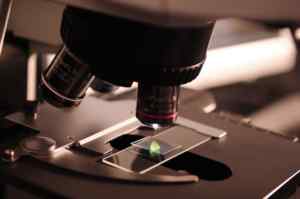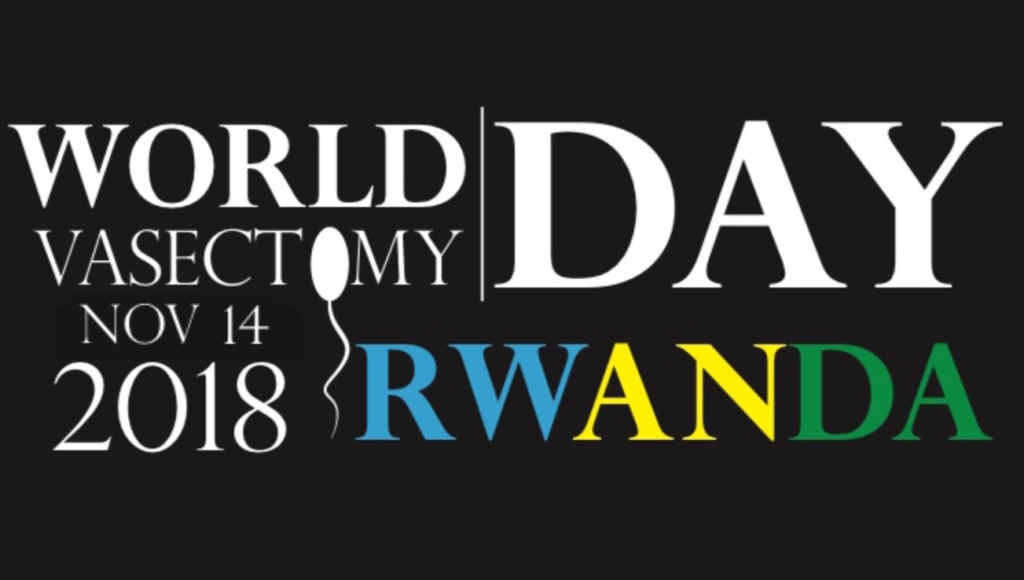 As the sixth annual World Vasectomy Day quickly approaches, it’s no surprise that more men around the world are becoming increasingly informed about vasectomy options and family planning. With vasectomy global awareness rapidly rising, it’s only a matter of time before we see a spike in procedures performed.
As the sixth annual World Vasectomy Day quickly approaches, it’s no surprise that more men around the world are becoming increasingly informed about vasectomy options and family planning. With vasectomy global awareness rapidly rising, it’s only a matter of time before we see a spike in procedures performed.
VasectomyStore.com, a New York “web-based surgical instrument and information store” that has promoted vasectomies for over two decades, recently predicted that US doctors will see a whopping 30 percent increase in vasectomy procedures in 2019. As public perceptions and knowledge of male contraception slowly change, more men and couples are expected to consider the underutilized vasectomy procedure.
“Vasectomy has experienced a popularity surge in recent years,” the company said in a statement. “It’s partly the economy but also events like World Vasectomy Day that really spotlight the value of men taking responsibility in family planning.”
World Vasectomy Day celebrates responsible men who rise up out of love for their partner, their family and our future. Please join One Stop Medical Center in supporting this movement—our clinic will offer a gift card for one free large pizza to all patients who undergo a vasectomy on November 14, 2018.
For more information on our clinic’s vasectomy services, please click here or call us at (952) 922-2151.
 From self-order kiosks to robot vacuum cleaners and robot cafes, the rise of robot-assisted experiences in recent years has been undeniable. But would you ever consider participating in a robot-assisted surgical procedure?
From self-order kiosks to robot vacuum cleaners and robot cafes, the rise of robot-assisted experiences in recent years has been undeniable. But would you ever consider participating in a robot-assisted surgical procedure? However, costs aside, it’s still noteworthy to highlight the reliability and effectiveness of robot-assisted vasectomy reversals.
However, costs aside, it’s still noteworthy to highlight the reliability and effectiveness of robot-assisted vasectomy reversals. 
 Dr. Shu and One Stop Medical Center are proud to support WVD for a sixth straight year. Our clinic will offer a gift card for one free large pizza to all patients who
Dr. Shu and One Stop Medical Center are proud to support WVD for a sixth straight year. Our clinic will offer a gift card for one free large pizza to all patients who  1. Walnuts
1. Walnuts 5. Dark Chocolate
5. Dark Chocolate



